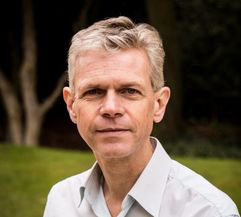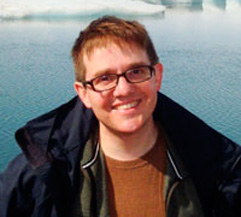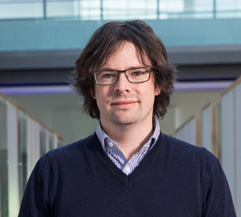
Academics
Flagship Research Projects
Graphene Research
Graphene research spans a range of disciplines, with new areas of exploration being discovered all the time.
Graphene is just one aspect of advanced materials research at Manchester.
Biomedical Materials
Accelerating a new generation of “smart” biomaterials that improve health and wellbeing. This includes two grand challenges: restoring biological function with minimal invasiveness, and new, low risk, cost efficient therapies
Key People
Professor Bruce Grieve

Holds the N8 Chair in Agri-Sensors & Electronics, Professor Grieve is also a Fellow of the Institute of Engineering & Technology, a Fellow of the Institute of Agricultural Engineers and a Fellow of the Higher Education Academy. Read more…
Professor Sarah Cartmell

Head of the Department of Materials which is home to nearly 2,000 students and staff. She is a member of the School of Natural Science’s senior management team and the UK Biomedical Materials champion for The Royce Institute of a £235 million UK government investment for advanced materials. Read more…
Dr Christopher F. Blanford

Senior Lecturer in Biomaterials, Department of Materials. An editor for the Journal of Materials Science and on the editorial board of the Journal of the Royal Society Interface. Research interests include protein–surface interactions, electrochemistry of redox-active proteins, surface analysis, enzyme kinetics, electrokinetic modelling and structural biology. Read more…
Dr Alex Casson

Dr Alex Casson is a Reader (Associate Professor) in the Materials, Devices and Systems division of the Department of Electrical and Electronic Engineering at the University of Manchester. His research focuses on non-invasive bioelectronics interfaces. He particularly focuses on precision devices for closed loop bioelectronic interventions: those which are tailored to the individual by personalised manufacturing via printing; and tailored interventions by adjusting treatments using data driven responses/outputs from real-time signal processing. Dr Casson’s ultra low power sensors work is mainly for medical applications. Read more…
